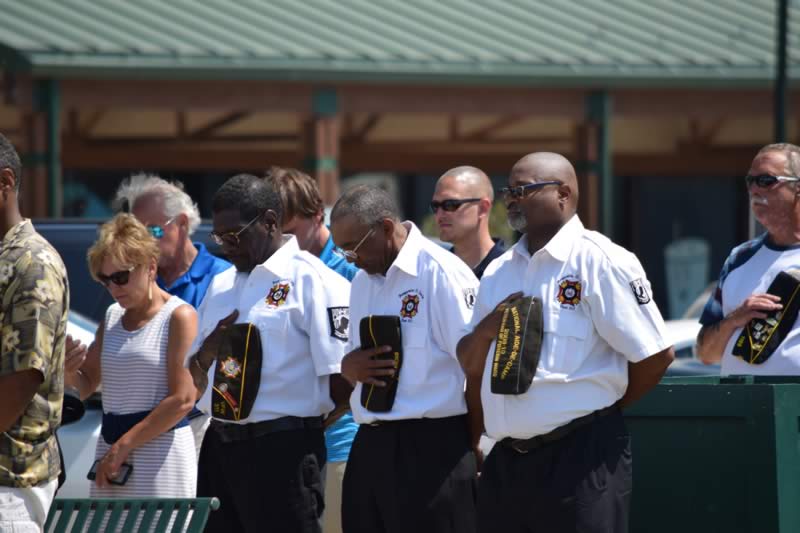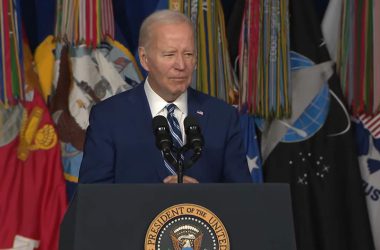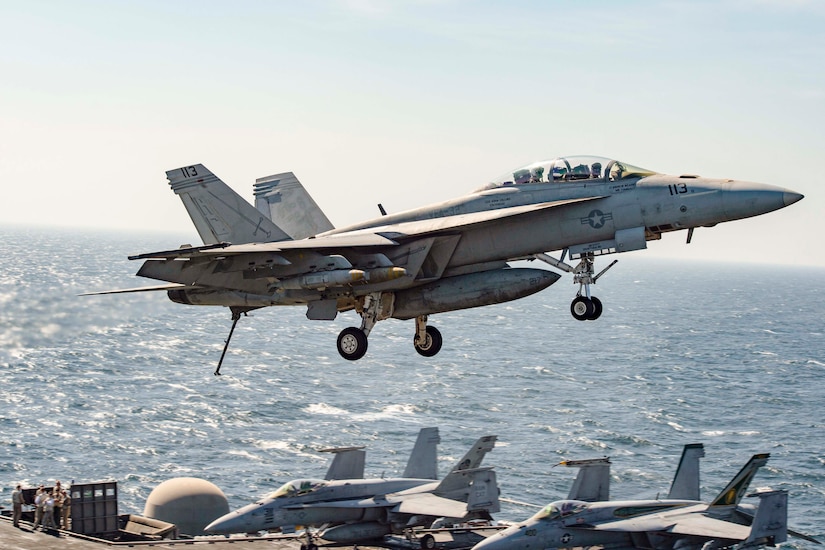An F/A-18-F Super Hornet assigned to the Fighting Swordsmen of Strike Fighter Squadron 32 flies across the flight deck of the aircraft carrier USS Dwight D. Eisenhower in the Arabian Gulf, Nov. 10, 2016. The Eisenhower and its carrier strike group are deployed in support of Operation Inherent Resolve, maritime security operations and theater security cooperation efforts in the U.S. 5th Fleet area of operations. OIR’s mission to counter the Islamic State of Iraq and the Levant is one of the Defense Department’s five evolving challenges, as discussed in a House Permanent Select Committee on Intelligence hearing with DoD and intelligence officials, Nov. 17, 2016. Navy photo by Petty Officer 3rd Class Nathan T. Beard
“The support we receive from the intelligence community has been absolutely superb,” the deputy secretary said in a hearing on the scope of support the intelligence community provides to DoD. James R. Clapper, director of national intelligence and Marcel Lettre, undersecretary of defense for intelligence, also appeared before the committee.
Work called the relationships and cooperation between DoD and the intelligence community “absolutely crucial as we seek to allocate our intelligence sources to meet the challenges around the world.”
DoD’s Challenges, Intel Demands
The deputy secretary noted DoD’s challenges range from fighting the Islamic State of Iraq and the Levant and other extremist groups, to monitoring North Korea’s active ballistic missile and nuclear weapons program, ensuring Iran does not develop further nuclear capability, keeping a watchful eye on Russia’s actions in the Ukraine, Eastern Europe and elsewhere, and scrutinizing China’s activities in the South and East China seas.
“The demands on the intelligence community are formidable,” Work told committee members. “The intelligence community is working as best as they can, and we would consider their job to be outstanding [in trying to] apply scarce intelligence resources across all of these challenges.”
Clapper: Nation Faces ‘Most Diverse Threats’
“As I said before this committee many times, our nation is facing the most diverse array of threats that I’ve seen in my 53-plus years in the intelligence business,” Clapper testified. “And that’s what makes the topic of this hearing so important.”
Never before have the intelligence community and the Department of Defense needed to work so closely, the director said.
“We have a shared responsibility to keep our nation safe and secure,” he added.
Shared Missions, Risks
The director said the close-working relationship between DoD and the intelligence community is in “stark contrast” to his service during the Vietnam War, when civilian employees in a war zone were rarely seen.
“Today, civilians and service members are serving shoulder-to-shoulder, focusing on the same mission, sharing the same risks and enduring the same challenging circumstances,” Clapper said.
(Follow Terri Moon Cronk on Twitter: @MoonCronkDoD)
Source: http://defense.gov









